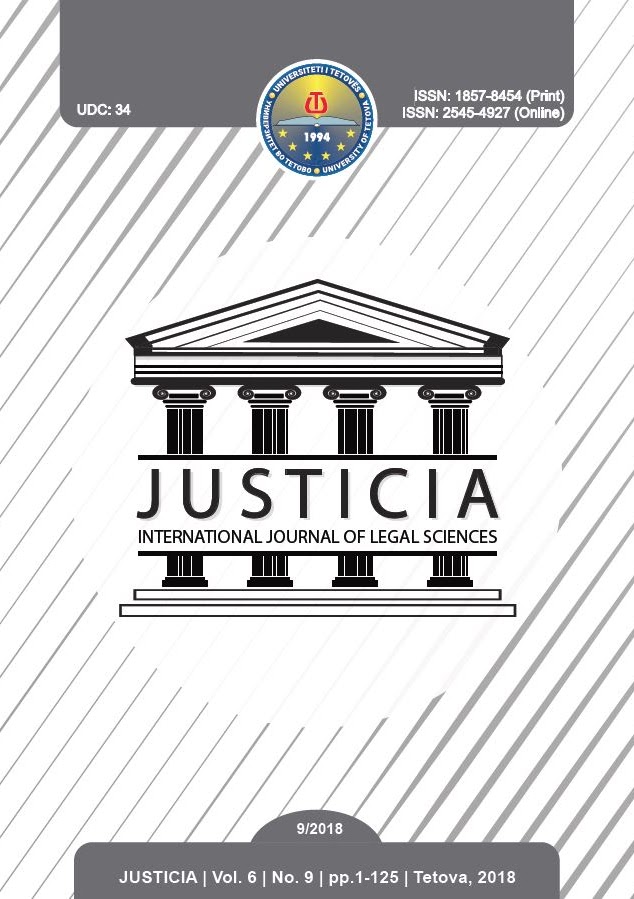CONSUMER PROTECTION AND FREEDOM OF CONTRACT IN THE DIRECTIVE 93/13/ECC ON UNFAIR TERMS IN CONSUMER CONTRACTS
CONSUMER PROTECTION AND FREEDOM OF CONTRACT IN THE DIRECTIVE 93/13/ECC ON UNFAIR TERMS IN CONSUMER CONTRACTS
Author(s): Shpresa Alimi-MemediSubject(s): Economy, Financial Markets, Human Resources in Economy
Published by: University of Tetova
Keywords: Consumer protection;freedom of contract;consumer contracts;contractual imbalance;unfair terms;
Summary/Abstract: In our paper we will treat consumer protection and its impact on freedom of the will of contracting parties, mainly as regulated by the Directive 93/13/ECC on unfair terms in consumer contracts. According to Flume and Larenz, as a procedural principle of justice in contract formation, contractual freedom includes not only voluntariness of each party's consent, but also, equal bargaining power." Parties are having a freedom to contract when businesses deal fairly with consumers, but in consumer contracting, the economic and juridical imbalances between trade participants give the party with superior bargaining power a notable advantage by defining terms in advance, so the weaker party is unable to negotiate and express its free will. As a part of the consumer protection framework, unfair contract regulations aim to correct the inequality of bargaining and market power between consumers and small businesses on one side and large businesses, on the other, and aim to remove the unfavorable consequences arising from imbalanced contracts. The prohibition of unfair terms is a sanction for the mala fides of the party with superior position in contract. Legislative intervention in consumer contracts pretends to strengthen a consumer's position by avoiding imbalance of market power between contracting parties, by introducing specific rules which consist on fixing part of the rights and obligations of the parties, control of unfair terms and conditions and information requirements. From the point of view of businesses, judicial intervention into contract terms can be considered as a restriction of freedom of contract. According to them, these regulations are unequal and unjust because they limit the freedom of professionals by over-regulation of standardised contracts and imposing several restrictions.
Journal: JUSTICIA – International Journal of Legal Sciences
- Issue Year: 6/2018
- Issue No: 09
- Page Range: 95 - 113
- Page Count: 19
- Language: English

